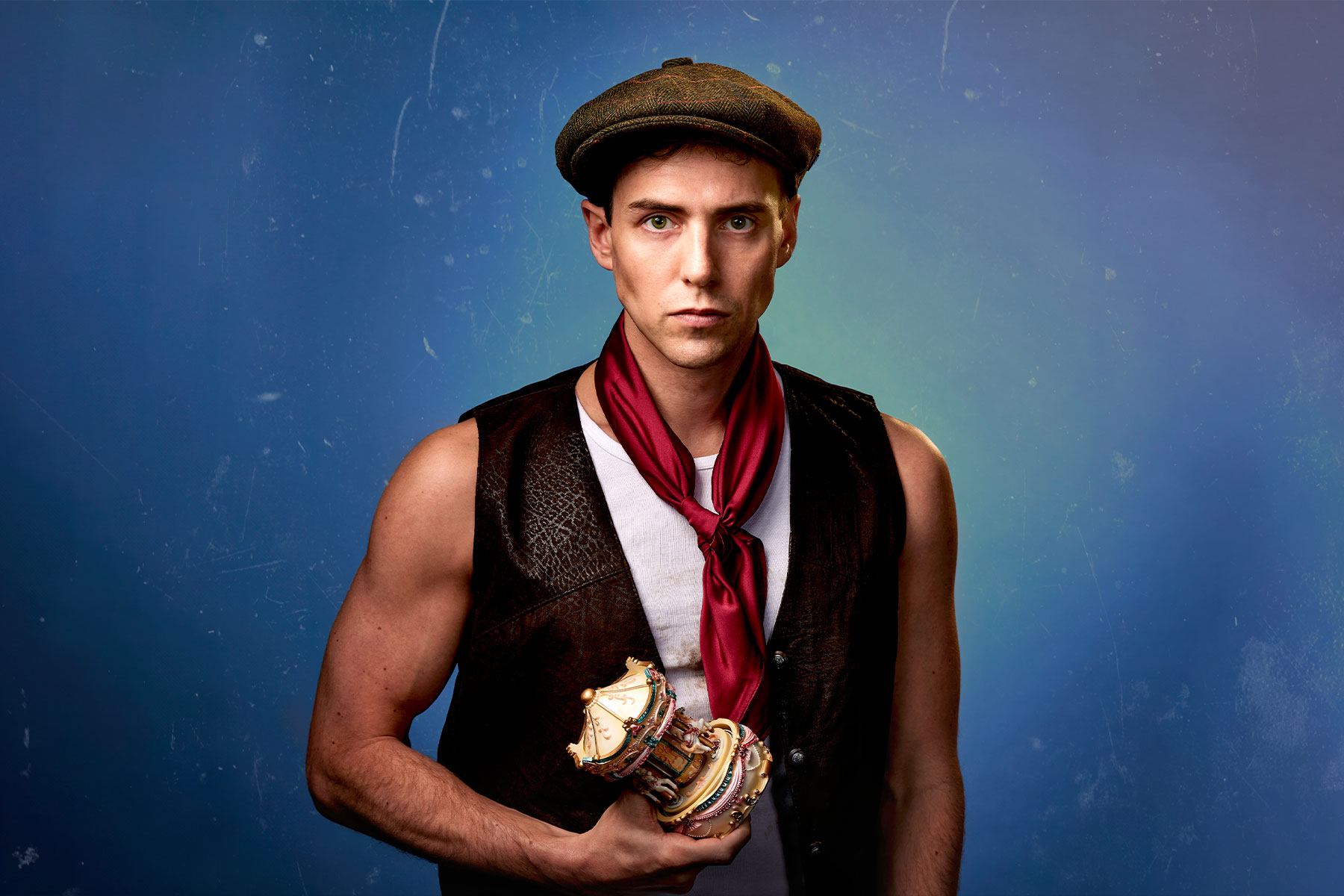The Year 2000 in Review: Trends & Tantrums
It was a year of drama offstage and on, of hits and stars, flops and crises. Business as usual, then, in the entertainment world’s most volatile sector. In the second of a three-part series reviewing the year 2000 in London theatre, Whatsonstage.com contributing editor, Mark Shenton, reviews the major trends and tantrums that shaped the year.
1. Transatlantic Tribulations. US movie and television stars seemed to arrive in the West End by the truckload. It wasn’t always just opportunism: Macaulay Culkin was terrific casting for Madame Melville as a 15-year-old being seduced by his 30-year-old teacher (French movie star Irene Jacob); Jessica Lange was stunning in Long Day’s Journey into Night; Gary Sinise was impressive in the Jack Nicholson role in One Flew Over the Cuckoo’s Nest at the Barbican (now Broadway-bound); Jason Priestley and Edie Falco were marvellous in the Broadway import, Side Man; and Matthew Lillard (of the movie Scream) and Murder One’s Mary McCormack were remarkable in Neil LaBute‘s Bash at the Almeida.
But elsewhere, Kathleen Turner, then Jerry Hall, starred in a theatrically pointless stage version of The Graduate, Darryl Hannah was in the pointless stage original of The Seven Year Itch and Donald Sutherland was not very enigmatic in Enigmatic Variations.
Also, a number of British actors who have made it in Hollywood returned home: as well as Ralph Fiennes in the Almeida-produced Shakespearean double-bill at the Gainsborough Studios, there was also Julia Ormond in My Zinc Bed at the Royal Court and Dougray Scott in the Donmar Warehouse’s To The Green Fields Beyond, directed by Sam Mendes who was another returnee from Hollywood success. Likewise, Stephen Daldry bounced back from the success of the British movie Billy Elliott by directing Far Away at the Royal Court; and Nicholas Hytner did double-service, directing the Donmar s Orpheus Descending and the West End’s The Lady in the Van.
2. Off-key Musicals Abound. There were any number of terrible musicals, often French in provenance or subject matter – two biographical ones, both at the Shaftesbury, Lautrec and Napoleon, tried hard to out-sing each other, and Notre Dame de Paris was an energetic mess at the Dominion. Three off-Broadway entrants, Pageant, Personals and Hedwig and the Angry Inch, came and quickly went. So did Hard Times, a locally (still)born adaptation of Dickens. La Cava was, in the scheme of things, better than these; but nothing, in my opinion, was quite as awful as two musicals at the National: Singin in the Rain was the year’s feeblest revival, and The Villains’ Opera was a terrible updating of The Beggar’s Opera.
3. NT Mixes Tears with Triumphs. Speaking of the National, artistic director Trevor Nunn had a year of calamity and acclaim in near equal measure. With regards to the former, as well as the dismal musicals, the attempt to create a new Ensemble signally failed to replicate the success of the previous year’s one, partly because the two directors chosen to direct the opening productions departed before they actually opened, and Nunn himself had to rush in to the rescue. It was too late to do anything with Tim Supple‘s misconceived Romeo and Juliet, but re-working Connal Morrison‘s Peer Gynt saw Nunn pruning it to a more manageable length and giving it shape.
As ever, Nunn’s own work was among the best of an uneven year, with a big, epic new play, Albert Speer (starring Alex Jennings, superb in the title role andRoger Allam disturbingly good as Hitler) and a bustling, studio Cherry Orchard (Redgraves Vanessa and Corin starring). Other National triumphs were Blue/Orange (about to be reprised in the West End), Joe Penhall‘s brilliant play about mental illness, featuring superb performances from newcomer Chiwetel Ejiofor, Bill Nighy and Andrew Lincoln, Simon Russell Beale‘s Hamlet and Paola Dionisotti in far too few performances of Further than the Furthest Thing, one of the year’s strangest and most beguiling new plays. And Howard Davies‘s remarkable revival of Arthur Miller‘s All My Sons was superbly illuminated by a cast that included Julie Walters.
Finally, though the Ayckbourn double-bill, House and Garden, was more amusing in concept – the same cast performing two different plays simultaneously in two different theatres – than in realisation, a terrific company, led by David Haig, the hilarious Sian Thomas and Jane Asher, gave it all they had.
4. Get Your Kit Off. Stage nudity took on entirely new dimensions, so to speak, with the arrival, from Edinburgh, of the year’s most brazen and yet paradoxically innocent show. Puppetry of the Penis was exactly what its title suggested, with two (very) full-grown Australian men playing with themselves for an hour.
5. Not So Many Thrills as Spills. Last but not least, the stage thriller was buried twice over – first the psychological terror variety, with the abysmal Mindgame, then the courtroom one, with Jeffrey Archer‘s The Accused, in which fact and fiction collided when the former MP was arrested (to face a real-life perjury trial) on the same day as the show’s first out-of-town preview.










